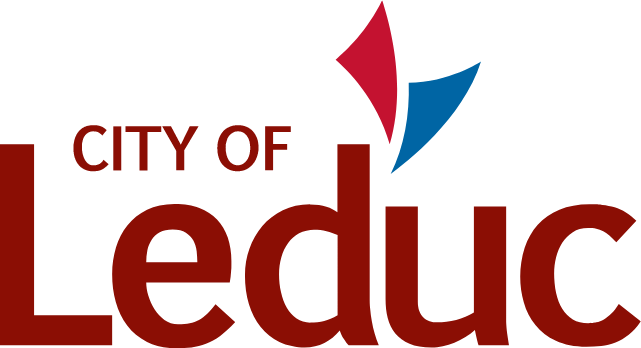The City of Leduc’s Engineering Design Standards outline the technical requirements and guidelines for developing infrastructure within Leduc. These standards ensure that new developments align with Leduc’s vision for sustainable, safe, and efficient infrastructure. They apply to developers, consultants, and contractors working on municipal projects, subdivisions, and private developments that tie into City systems.
Key Components of the Standards
Purpose
- Ensure consistency and quality in engineering designs
- Promote sustainable and efficient infrastructure that meets regulatory and community needs
- Protect public safety and minimize long-term maintenance costs
Scope
The standards cover all aspects of infrastructure development, including:
- Roads and Transportation: Standards for road design, traffic management, sidewalks, and multi ways
- Water and Wastewater Systems: Specifications for water distribution, stormwater management, and sanitary systems
Mandatory Compliance
- Developers and consultants must adhere to these standards for all projects tied to city infrastructure.
- The City of Leduc must approve submissions before construction begins.
Document Structure
This document acts as an exception to the City of Edmonton standard specifications. For specifications not referenced in this document, please refer to the City of Edmonton Design and Construction Standards.
Benefits of Compliance
- Quality Assurance: Ensures infrastructure meets safety and durability standards
- Sustainability: Promotes eco-friendly development practices
- Cost Efficiency: Reduces long-term maintenance and repair costs
- Consistency: Maintains a uniform standard across the city’s infrastructure projects
Accessing the Standards
Developers and consultants are encouraged to review these documents thoroughly before starting a project.
For questions or further guidance, contact the City of Leduc’s Engineering Department:
- Phone: (780)-980-7107
- Email: [email protected]
Quicklinks
- Lot Grading and Servicing Plan Requirements
- Construction Completion Certificate
- Excavation Permit
- Final Acceptance Certificate Application Surface
- Final Acceptance Certificate Application Underground
- Minimum Landscaping and Construction Design Standards
- Driveway Application Form
- Service Connection Application Form

